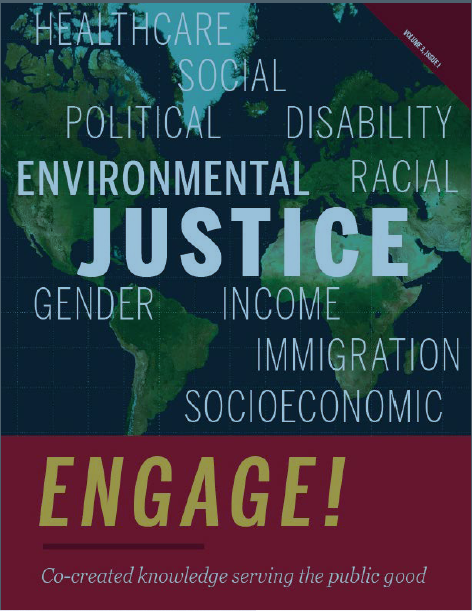Environmental Racism in Indianapolis
The Importance of Connecting with Community Partners
DOI:
https://doi.org/10.18060/25517Keywords:
Indianapolis, Environmental Racism, Qualitative ResearchAbstract
Community-engaged research, grounded in the humanities and social sciences and rooted in ethnographic methods, can provide important insights into the ways that environmental racism impacts neighborhoods and communities. The Anthropocene Household project at the IUPUI Arts & Humanities Institute explores the current geological epoch, the Age of Humans, on a local level through the lens of the household in order to understand the experiences, knowledges, and practices associated with environmental change. In my research, I am looking at these experiences and understandings specifically related to environmental racism. In this paper I would like to explore two different examples of environmental racism in Indianapolis. One illustrates how white privilege plays a role in creating environmental racism and the other shows the impact of white supremacy in shaping government response to an issue of environmental racism. Both examples demonstrate the value in foregrounding the voices and experiences of the people who are living in these impacted communities. We cannot develop meaningful interventions into environmental racism without understanding these lived experiences and creating space to hear these voices.
Downloads
Published
Issue
Section
License
Copyright (c) 2021 Benjamin Clark

This work is licensed under a Creative Commons Attribution-NonCommercial 4.0 International License.

